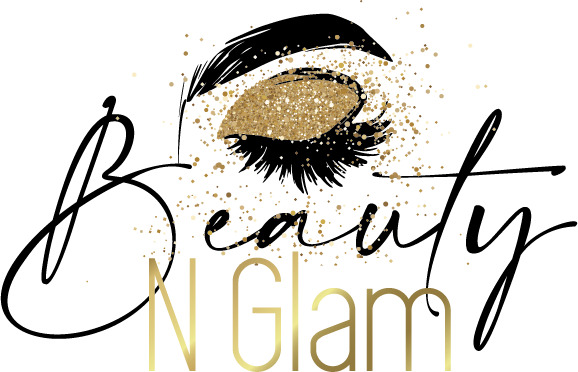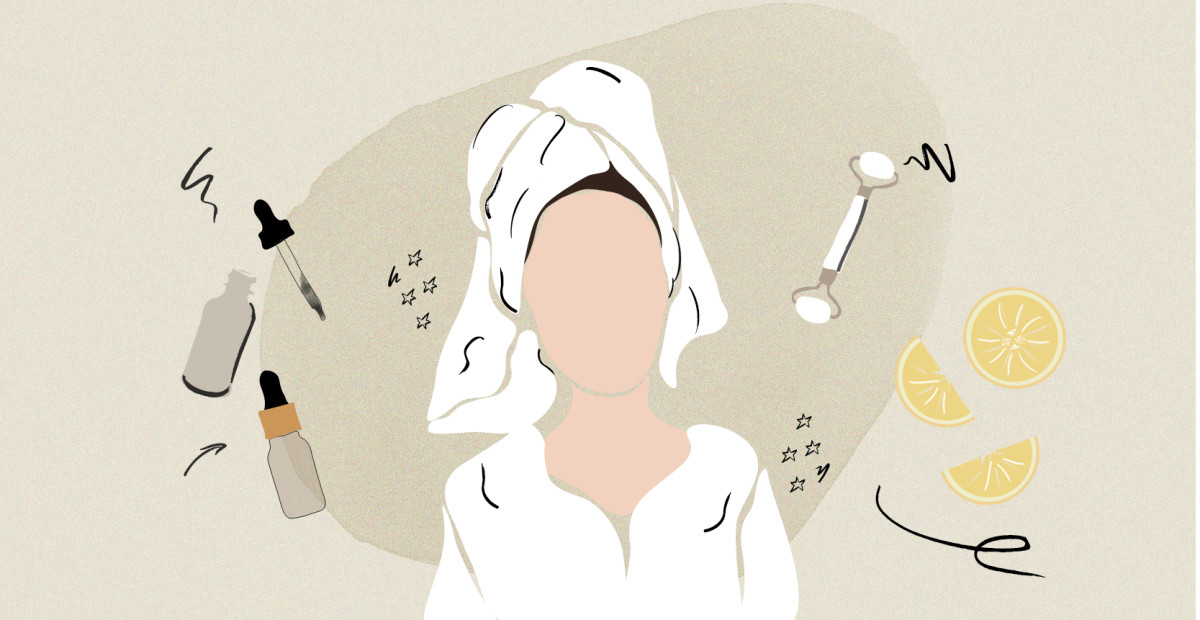I typically gravitate toward clean products, but I admit I don't have a full grasp on how my beauty arsenal fares in terms of being green. I'd like to think that as an informed shopper, I've opted for products sans harmful chemicals and additives, but truth be told, I don't always do an ingredient deep-dive before adding to cart. In celebration of Green Week and because there's no better time to do a little spring-cleaning I decided to do a thorough audit of my makeup bag and skincare lineup to see what percentage of my products are actually considered clean and green.
- Reduce Your Water Usage
The USGS estimates that the average person uses between 80 to 100 gallons of water per day. At this rate, however, the WWF claims that two-thirds of the world’s population is at risk for facing water shortages by the year 2025. Therefore, it’s imperative to find ways to limit our water usage, like being mindful while getting ready. Easy hacks include selecting showers over baths and taking shorter showers, as well as turning off the faucet while shaving and brushing your teeth. Even minor considerations like turning the water off before drying your face or hands after washing them can save more water than you’d think! Last but not least, search for sustainable brands with water-free products, like LOLI Beauty.
- Use Natural Ingredients
It’s easy for a product to convince us that it’s advantageous, especially when its label promises things like “instant” or “over-night” results for “youthful” or “glowing skin.” But remember: our skin is extremely porous and therefore vulnerable to absorbing synthetic chemicals and preservatives found in these everyday cosmetics. So if you desire skin that looks and feels healthy, use beauty products with plant-based ingredients whenever possible, which includes edible and DIY beauty products too! Caffeine from coffee is an excellent natural ingredient in products that you can incorporate into your beauty regimen (and no, we don’t mean by visiting your local Starbucks every morning). When applied topically, caffeine can be an effective skincare treatment. Its natural properties can reduce inflammation, smooth skin, and slow down premature aging from UV radiation. Not to mention, you can use coffee as a natural hair dye!
- Understand Product Labels
As we mentioned earlier, many cosmetics contain chemicals that can be detrimental to our health, and not to mention the environment and wildlife. Although in all fairness, we don’t always know which ingredients to avoid. For starters, when reading a product’s ingredient list, stray away from preservatives such as parabens, which have a known link to cancer. But pay close attention because they often disguise parabens as other ingredients like butylparaben, methylparaben, and propylparaben. Moreover, when striving for more natural and sustainable beauty products, learning to identify the difference between labels like “cruelty-free,” “vegan,” “organic,” and “natural” can be crucial because these terms are often misleading or misused. For more information on how to decipher product labels and phrases, check out this guide.
- Find Environmentally Friendly Alternatives
A significant component of green beauty is finding eco-friendly substitutes for personal care products. A simple solution for beginners is to swap out single-use cosmetic products, like makeup wipes, for reusable options like makeup-removing towels. Alternately, consider making DIY beauty products at home. Homemade products reduce your carbon footprint by cutting back on CO2 emissions from shipping products, and you can use reusable containers to eliminate waste.
If, as the old adage goes, “you are what you eat”, then you also are what you put on your skin. With more research showing that the health of our skin and environment is being impacted by the chemicals absorbed from conventional cosmetic products, there’s no better time to reconsider what’s in our make-up bags.
- Inspect The Ingredients
With “greenwashing” now rampant in the beauty industry, consumers can’t simply judge a book by its cover. Familiarise yourself with the symbols associated with animal testing and recyclable packaging, and always read the ingredients. While the list of harmful additives is long, the important ones to avoid are parabens, sodium laureth, plastic microbeads, phthalates, artificial colours and chemical preservatives. Many of these ingredients have been flagged as possible skin irritants, carcinogens or endocrine disruptors, or are harmful to the environment.
- Use Multipurpose Beauty Products
One easy way to reduce your waste – while simplifying your routine – is by strategically selecting double-duty products. (Your budget will thank you, too.)
Instead of buying shower gel and bubble bath, use one for both. Need an exfoliator? Add a teaspoon of brown sugar to your shower gel. Rather than applying sunscreen, moisturiser and foundation, use a 3-in-1 solution such as Nude by Nature’s Sheer Glow BB Cream; the Australian mineral make-up line has become internationally recognised for its cruelty-free,
- Put Your Skin On A Plant-Based Diet
Whether you’re making your own face masks or shopping for natural beauty products, seek out organic, plant-based ingredients. “Organic plants carry the highest amount of beneficial active enzymes, minerals, vitamins and phytonutrients,” says Josh Rosebrook, who has developed a cult following for his eponymous natural skin and hair care range. “Organic isn’t just a buzzword: organic plants and herbs are very different from their conventionally grown, pesticide-laden counterparts, and this makes a huge difference in their ability to truly benefit the body and skin.”
- Be Mindful Of Waste
By choosing plastic-free products – or better yet, products that aren’t packaged at all – you can reduce your environmental impact. About 35% of the Lush range comes without packaging, including their solid shampoo and conditioning bars. These can be stored and transported in a tin case while travelling, eliminating the need to use mini toiletries provided by hotels.
- Support Ethical Companies
Beyond eliminating chemicals and waste, you can take your beauty routine to a new level of sustainability by supporting fair trade brands. When a company works with communities to purchase ingredients, goods or services for a fair price, they boost local economies and create jobs.
‘For me, sustainability is a combination of things. It’s how we consciously develop and formulate products to the long term environmental impact they have. We carefully consider the ethical sourcing, the packaging and the production and how we operate as a fully rounded sustainable business. Consumers want to know that as a sustainable business you truly care about them and the environment.’







